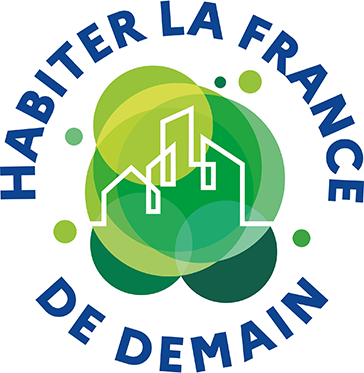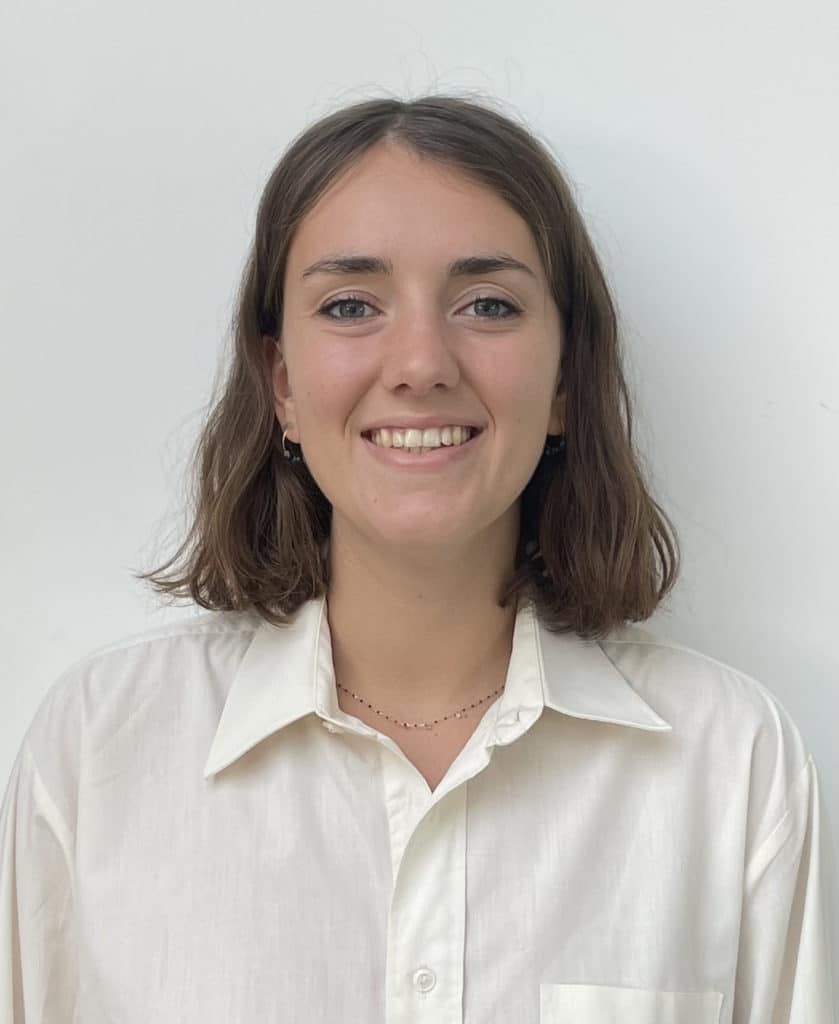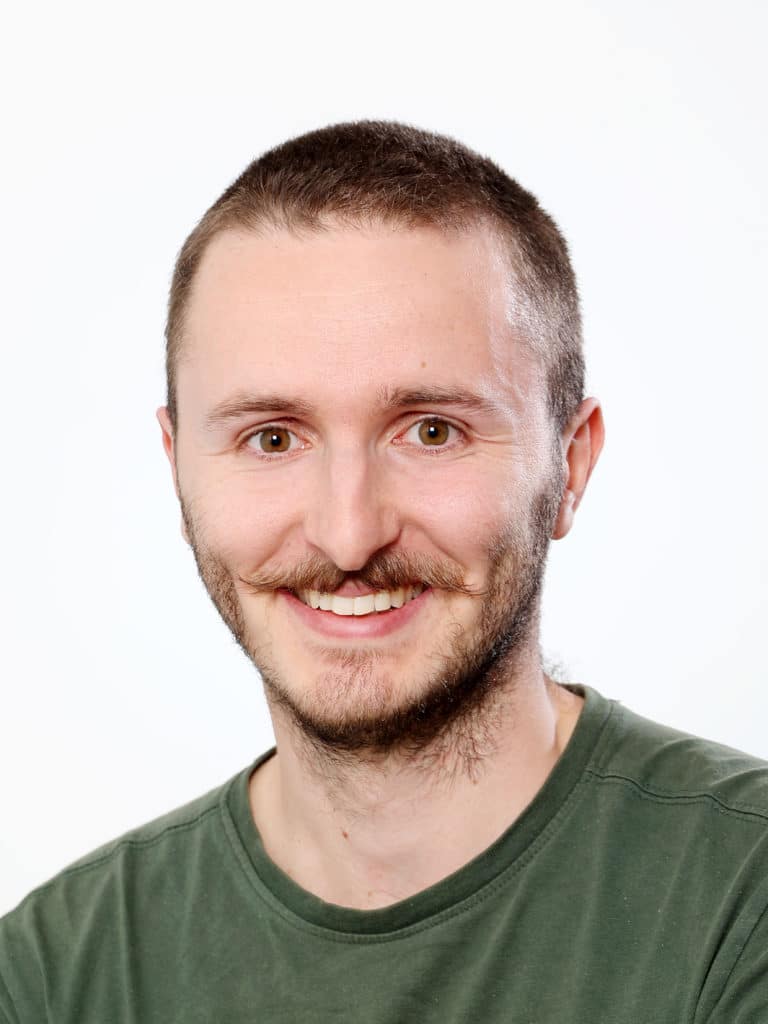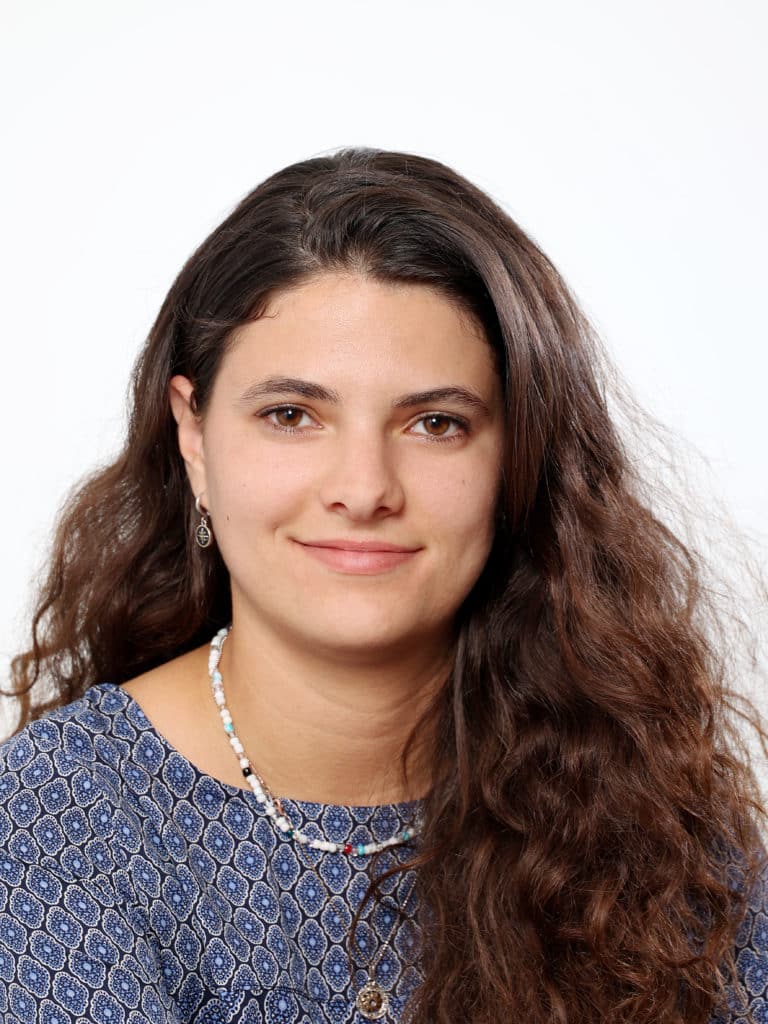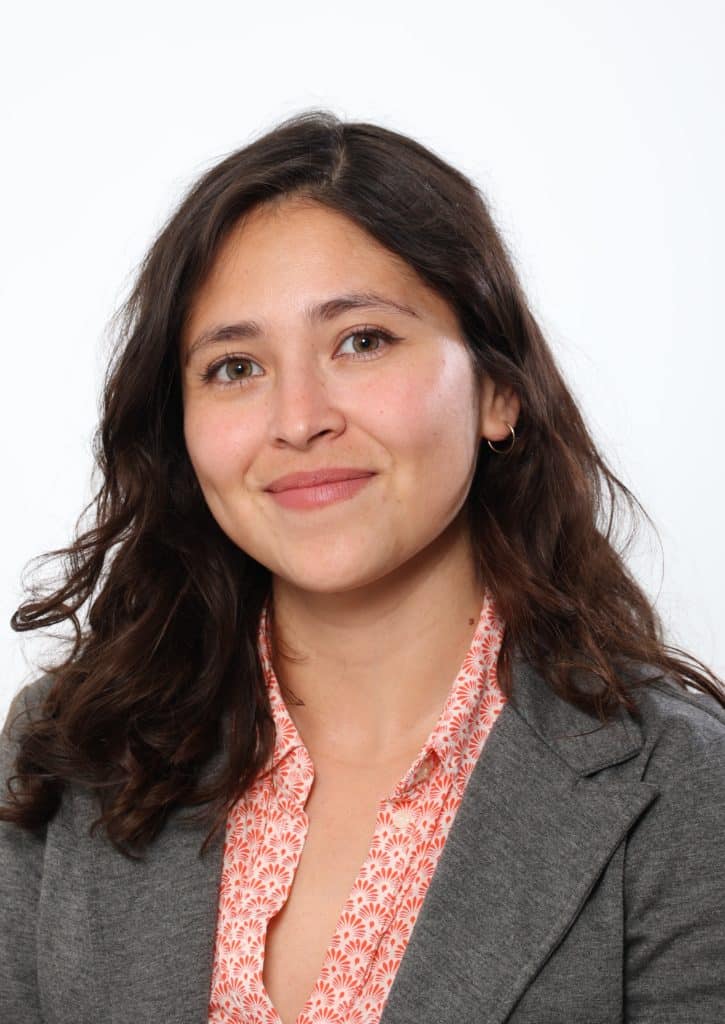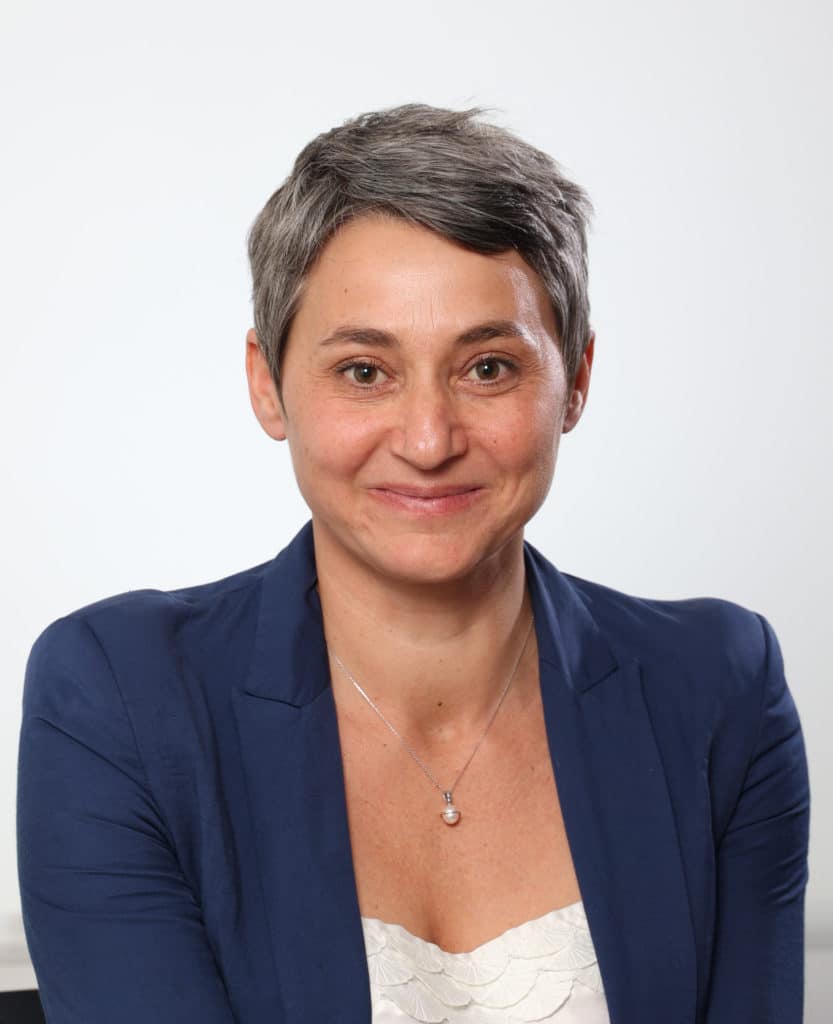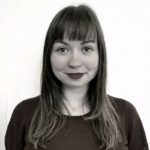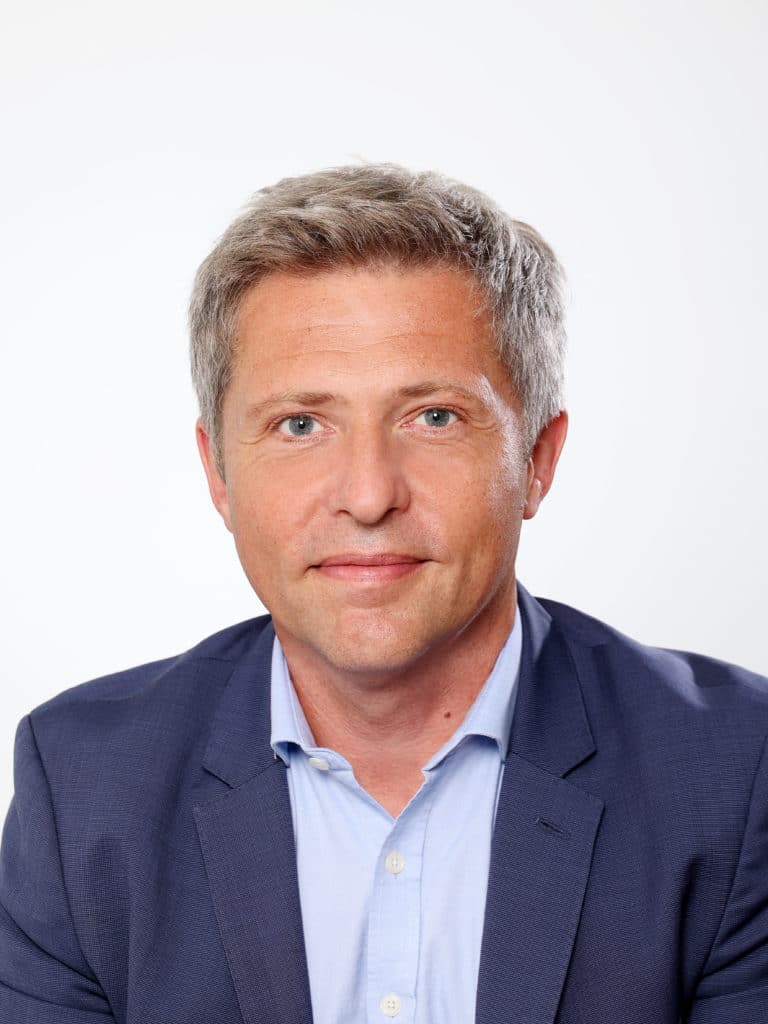LONGUEAU E=0, projet ENERGYSPRONG
Une réalisation proposée par SNCF Immobilier
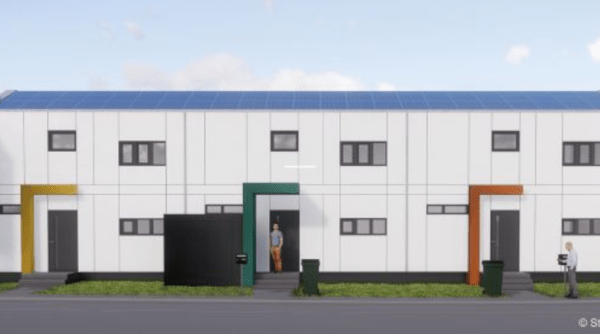
Contributeur
loris.poidvin@icfhabitat.fr
Descriptif
Réhabilitation test dans le cadre du programme européen ENERGYSPRONG.
- Le but est d’atteindre un rapport consommation/production énergétique nul (E=0). E = 0 : des logements rénovés qui produisent annuellement autant d’énergie qu’ils en consomment.
- Pour se faire, mise en place d’isolation performante et d’équipements énergétiques à faible consommation (PAC+Ballon thermodynamique) avec une production photovoltaïque en toiture.
Ce chantier E=0, mené selon l’approche innovante EnergieSprong permet de rendre ces logements sociaux des années 60 autonomes en énergie.
A l’issue des travaux, les 12 maisons atteindront le niveau énergie zéro tous usages, avec une garantie de performance sur 30 ans.
Cette opération pilote s’inscrit dans la démarche d’innovation d’ICF Habitat et de ses filiales en matière de rénovation énergétique.
C’est un démonstrateur de la nouvelle approche de rénovation énergétique des logements EnergieSprong E=0.
- Rénovation / Réhabilitation
- Qualité du logement
- Matériaux
- Énergie
- Quartier
Fiche d'identité
- < 20 000 habitants
Distinctions
Médias
Évaluation du projet*
sur la base du déclaratif du contributeur
Critère n°1 : SOBRIÉTÉ
Les travaux de réhabilitation portaient sur une parcelle déjà bâtie.
Impact environnementale faible durant les travaux en raison de la préfabrication des éléments d’isolation façades par l’extérieure (40 cm)..
Les délais des travaux ont été réduits grâce à de la pré-industrialisation des panneaux pour l’isolation extérieure et ont pu se faire en site occupé.
Le projet valorise une expérience de réhabilitation énergétiquement nulle et rapide avec un gain esthétique.
Des modules techniques de chauffage, de régulation et de production photovoltaïque leur sont intégrées avant qu’elles soient posées sur la maison existante. Tous les équipements de chauffage sont installés à l’extérieur de la maison et mutualisés pour l’ensemble des logements. La production annuelle d’électricité par les capteurs photovoltaïques est estimée à 7 000 kWh par logement. Elle couvre la consommation d’électricité du logement. Les gains d’énergie réalisés permettent de financer une partie des travaux. Pour les locataires, des nuisances limitées grâce à des délais d’intervention réduits et les bénéfices d’un système qui limite la hausse des coûts de l’énergie, avec une garantie d’efficacité pendant 30 ans.
Il est également à noter que nous disposons désormais d’un bilan sur une année complète pour l’opération E=0 à Longueau (ICF Nord-est). Sur la première année de fonctionnement, l’objectif est atteint, la production photovoltaïque permettant de compenser les consommations, avec même une certaine marge qui anticipe une dégradation future des performances de production.
Critère n°2 : INCLUSION
Coaching énergétique des locataires pour tenir les objectifs. Accompagnement des travaux en site occupé.
Il contribue à la qualité et à la soutenabilité du logement social sous forme de maisons individuelles.
Le projet a permis de réduire la facture énergétique des locataires sociaux tout en passant d’une performance D ou E à A.
Le chantier a fait appel à des salariés en insertion.
Les locataires reconnaissent avoir un bien meilleur confort thermique qu’auparavant.
Critère n°3 : RÉSILIENCE
Oui à l’échelle de la démarche européenne Energie Sprong.
Oui à l’échelle de la démarche européenne Energie Sprong.
Critère n°4 : CRÉATIVITÉ
Le projet proposait une pré-fabrication des éléments de façades. Cela contribue à développer un savoir-faire dans ce domaine et cette filière de réhabilitation.
- Préfabrication des éléments de façades
- Plans 3D
- Coaching des locataires sur 30 ans pour la bonne gestion des nouveaux équipements en place et le suivi énergétique conforme à E=0.
Critère n°5 : POTENTIEL DE RÉPLICABILITÉ
OUI c’était le principe fondamental du projet à savoir tester le modèle ENERGYSPRONG développé à l’origine aux Pays-Bas. Se l’approprier en France et dans d’autres pays européens, puis en fonction des retours d’expériences sur les premières réalisations, le diffuser sur d’autres programmes.
Plusieurs projets de ce type sont en cours d’étude à ce jour en France par différents bailleurs sociaux. Longueau est un projet pilote innovant en France !

